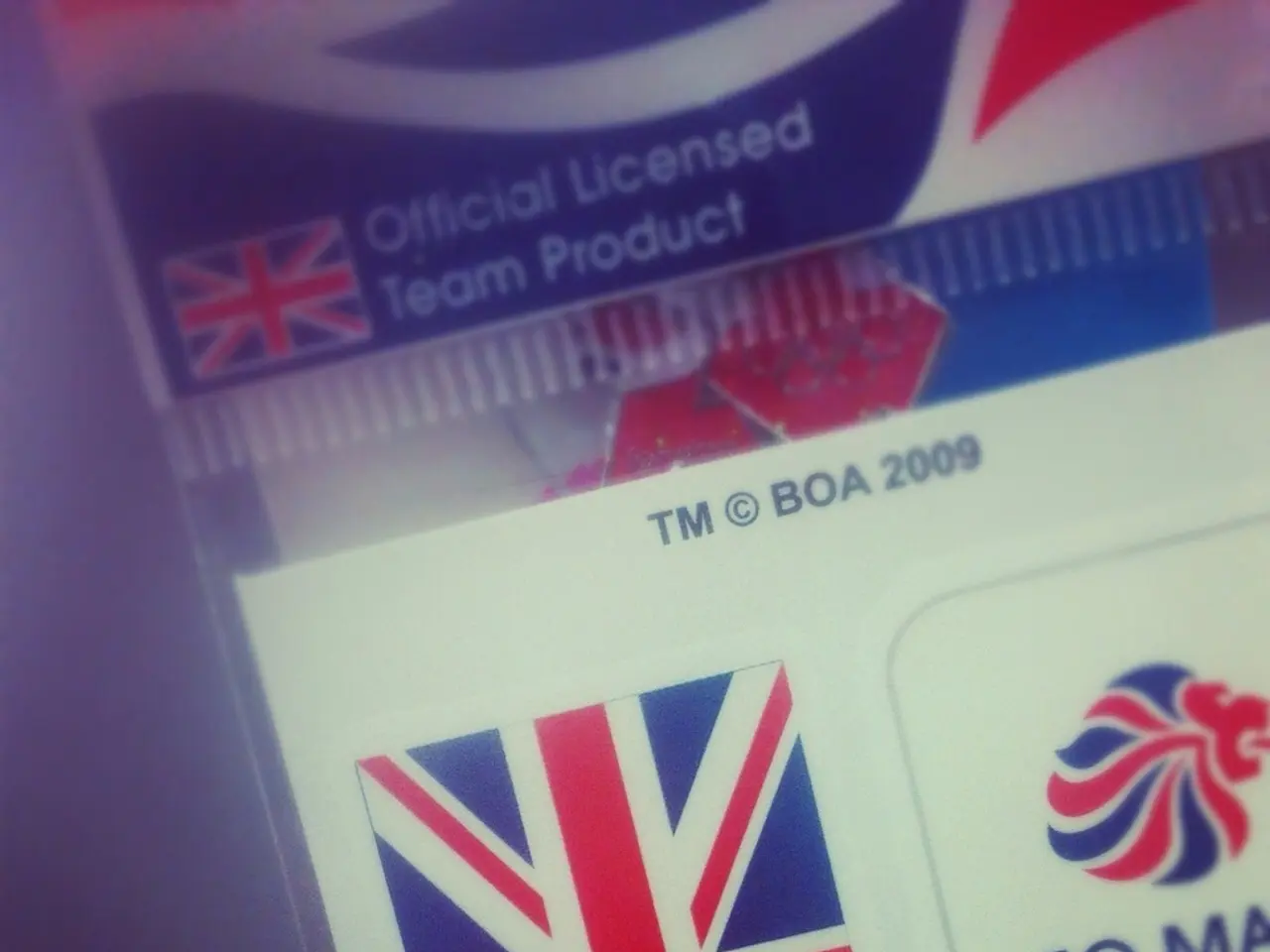Guide on Obtaining Mortgage Broker Licensure
For those who enjoy working with people and solving financial problems, a career as a mortgage broker could be a rewarding choice. This profession plays a vital role in the housing market, as demonstrated by the over 400,000 residential property transactions in 2023 involving a broker.
To embark on this career path, the primary requirement is to obtain the Certificate in Mortgage Advice and Practice (CeMAP) qualification, which is widely recognised by UK lenders and financial institutions. This certification provides the necessary legal, regulatory, and financial knowledge to give professional mortgage advice.
The CeMAP courses, consisting of three levels covering key mortgage principles and UK regulations, are available in flexible formats such as online e-learning, live virtual classrooms, or recorded sessions, accommodating both full-time learners and those working while training. The typical steps to becoming a certified mortgage broker include:
- Enrolling in and completing the CeMAP Level 1, 2, and 3 courses.
- Passing the regulated CeMAP exams, which qualify you to work as an FCA-authorised mortgage adviser.
- Gaining practical experience within a brokerage, financial institution, or through self-employed financial consultancy.
- Maintaining compliance with ongoing regulatory requirements to continue practising.
Once certified, mortgage brokers can work within banks, brokerages, or independently, advising clients on mortgage products aligned with their individual financial circumstances. Career progression often leads to senior broker positions, management roles, or specializing in complex mortgage cases. Brokers may also expand into related financial advice sectors, such as protection products or broader financial planning, benefiting from the credibility the CeMAP qualification confers with lenders.
Gaining additional qualifications or experience can open doors to higher levels of responsibility and better earnings. A background in finance, banking, or sales can be helpful but is not essential to become a mortgage broker in the UK. Good communication and organization skills are crucial, as you'll work closely with clients, lenders, and solicitors.
Cross-selling other lifelong products such as life insurance, health cover, and critical illness cover is often a part of the job, making knowledge in these areas important. The job offers flexibility, especially if you become self-employed, and there's good earning potential with experience in the mortgage brokering industry.
It's important to note that you must be authorized by the Financial Conduct Authority (FCA) before offering advice or arranging mortgages. This involves comparing products from various lenders, explaining terms and repayment options, and managing the application process. Specialisms and lending solutions in mortgage brokering may offer huge earning potential, including commercial mortgages, bridging lending, development finance, and refurbishment finance.
In summary, becoming a certified mortgage broker in the UK involves completing the CeMAP qualification (no formal prior qualifications required), passing the associated exams, gaining practical experience, and then pursuing career development through specialization and management roles within mortgage advisory or financial services firms. This career offers a rewarding opportunity for those who enjoy working with people and solving financial problems while contributing to the housing market.
- Pursuing education and self-development in the finance sector can open up opportunities for those interested in mortgage brokering, as obtaining a CeMAP qualification is essential for working in this field.
- A career in mortgage brokering can also extend into business areas such as protection products or broader financial planning, leveraging the knowledge and credibility gained from the CeMAP qualification to offer additional services to clients.




